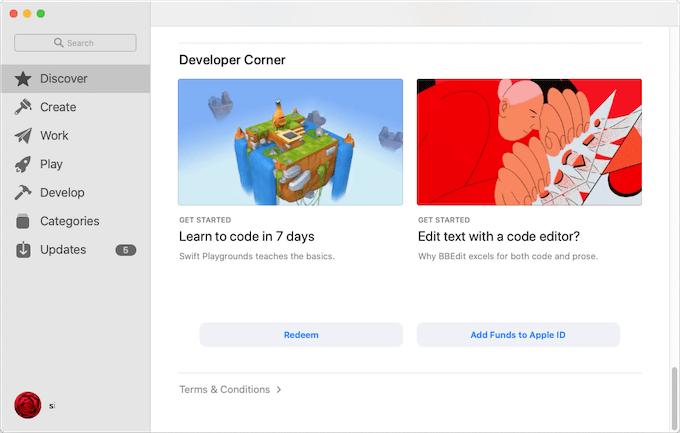


However, it’s not very hard to press it into service for beginning C++ code on a Mac, and it includes a GUI debugger. That’s because showing the entire window often makes the key region too small to read.Īs mentioned above, Apple’s Xcode is a free, full featured IDE for native apps. As always, it’s up to the student to install and learn the nuances of each one. We’ll provide merely a grand tour and some overall guidance.įinally, in the screen shots below, for clarity, the important area only is shown. What follows is a thumbnail sketch of each approach. Typically, an IDE contains a code editor, a compiler or interpreter and a debugger that the developer accesses through a single graphical user interface (GUI). From Techtarget:Īn integrated development environment (IDE) is a software suite that consolidates the basic tools developers need to write and test software. We’ll talk here about an Integrated Development Environment (IDE). See the spreadsheet on page 6.įirst, a bit of nomenclature. After you’ve read about them, it may well be that one is the obvious way to proceed initially. For all these reasons, it’s hard to rank the various solutions by some standard. For example some solutions presented don’t lend themselves to debugging thanks to decisions Apple has made. Some are full featured, and some have limitations. Most discussed are free, but one incurs a modest cost.

This article provides an overview of five good ways to write C++ on a Mac.
#Code for osx how to#
However, it may not be clear how to get started and which tools to use in a transition to a Mac. The article could also be used by professionals who’ve already been doing professional C++ on, say, a corporate Linux system. Others can do much more. The writing of a full-featured GUI app for macOS is not covered. Yes, there are lots of ways to write C++ on a MacĪll of the solutions provided can be used in the writing of the kinds of code beginners write: 20 to 50 lines of code that assist with the learning of C++.


 0 kommentar(er)
0 kommentar(er)
